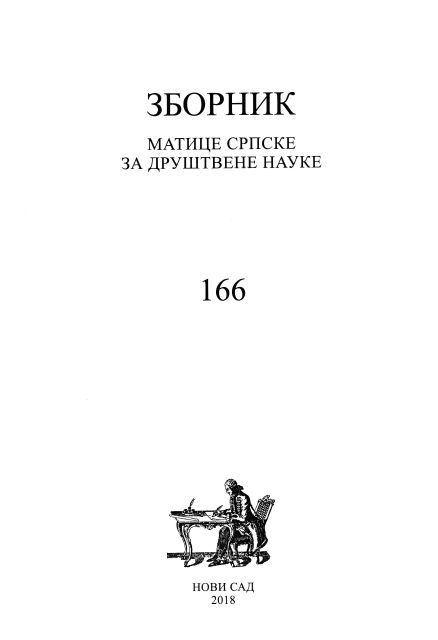Дословно тумачење насупрот алегоријског: историја против мита
Literal in Contrast to Alegorical Interpretation: History Versus Myth
Author(s): Rodoljub KubatSubject(s): Biblical studies, Theory of Literature
Published by: Матица српска
Keywords: The Bible – Scripture; literal interpretation; allegory (allegoresis); understanding; history; myth; text; Hellenism; Christianity
Summary/Abstract: Allegoresis as an exegetical method originated within Hellenistic schools of philosophy, and it expressed the Hellenistic thought to a great extent. First interpreters of the Bible who started using allegorical interpretation were the Hellenized Jews – Aristobulos and Philo of Alexandria. Later Christian interpreters followed in their footsteps, especially the representatives of the Alexadrian School, of whom the most notable is Origen. Biblical interpreters were faced with the problem of relation between the literal and the allegorical interpretation from the very beginning. The source of that problem was the Christian understanding of history, namely, the belief that God has really revealed Himself in history. Denial of text’s historical meaning deprived the formative events of faith of any meaning. On the other side, the sole view of the history as series of events from the past which have no deeper meaning led exegesis to sterile literalism. Tensions between the literal interpretation and the allegoresis escalated particularly in the 4th century when Emperor Julian the Apostate tried to revive Hellenistic paganism. In order to revive old myths, he made use of allegoresis. In polemic writings against the Christians he also emphasized that the Bible has to be understood allegorically. Prominent Christian theologians then arose against allegorical interpretation, seeing in it as a serious threat for the correct understanding of the Scripture. In that exegetical battle, the most notable were: Basilius the Great, Diodoros of Tarsus and Theodore of Mopsuestia. In this paper we will take a look at that exact moment in history.
Journal: Зборник Матице српске за друштвене науке
- Issue Year: 2018
- Issue No: 166
- Page Range: 207-220
- Page Count: 14
- Language: Serbian

